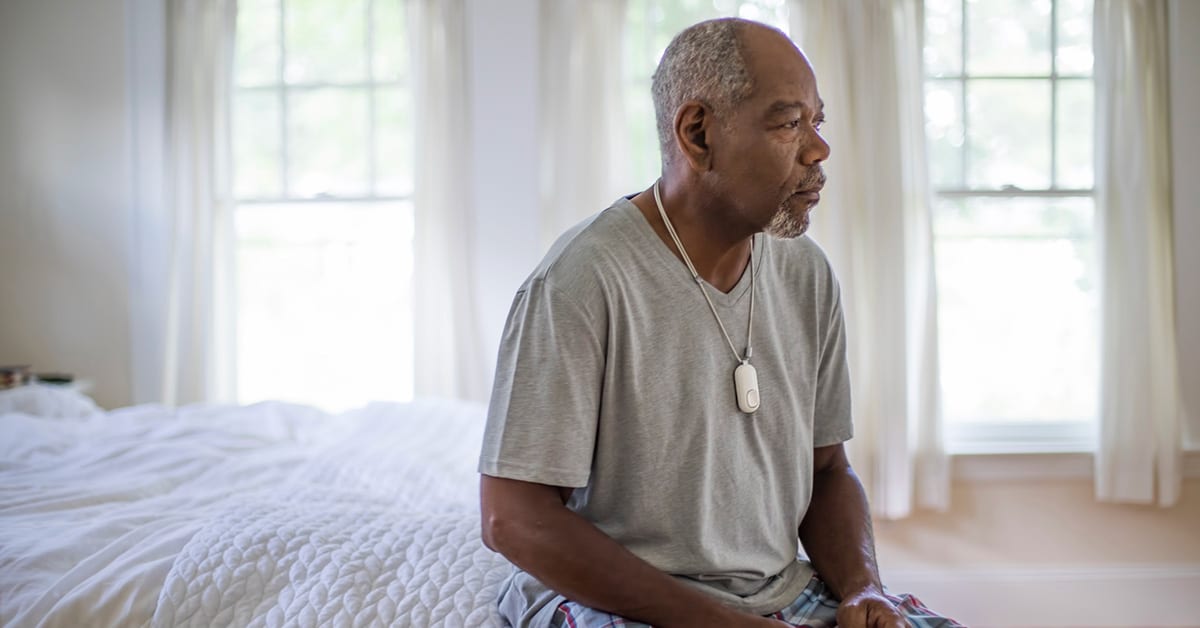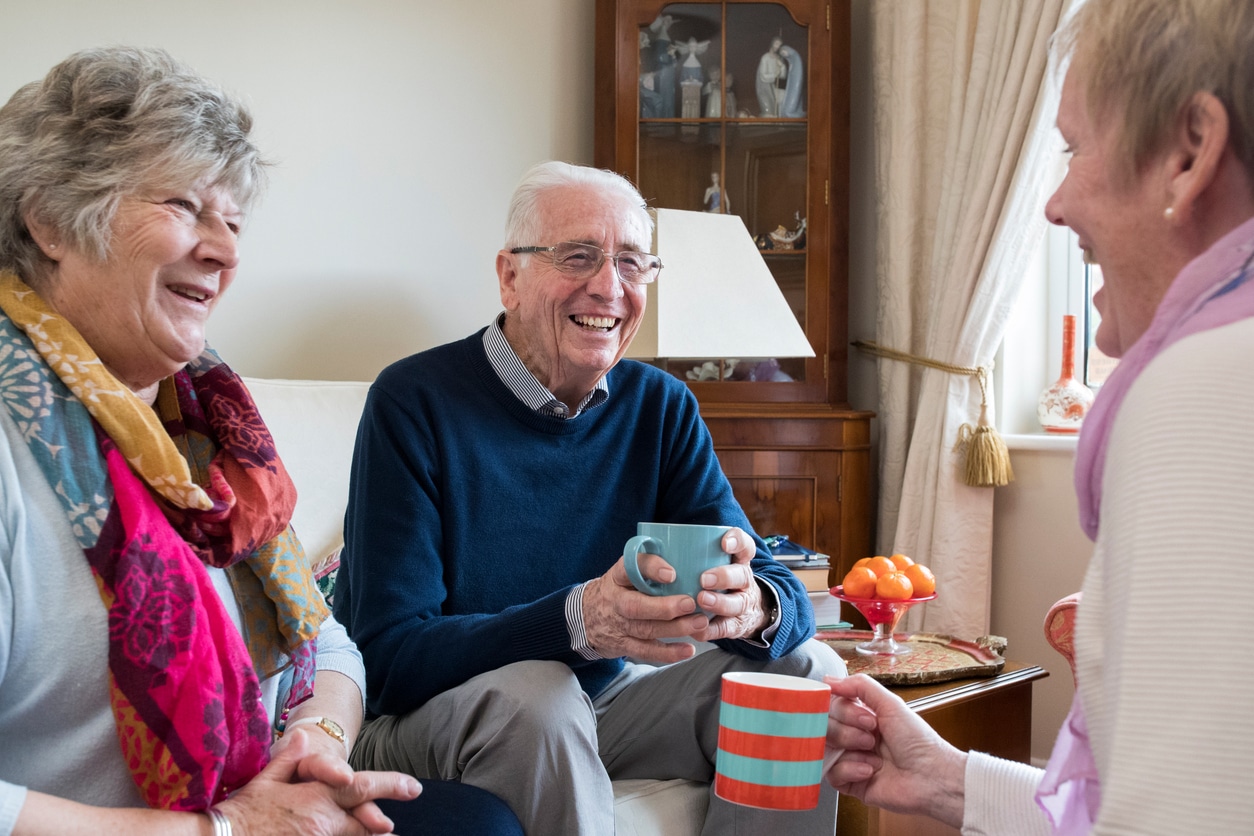Chronic obstructive pulmonary disease, commonly known as COPD, presents as either emphysema, chronic bronchitis, or both, and is characterized by a cough, shortness of breath, excessive mucus, and fatigue. In many cases, it’s mistaken for allergies, a cold, or a sinus infection. But, a cold generally improves within a week or two while COPD symptoms gradually get worse. If a cough persists for several weeks and doesn’t improve, you may want to schedule a doctor’s appointment for your loved one.
Symptoms
Early symptoms are often limited to occasional coughing and other mild issues like mild shortness of breath. The sputum is usually clear, and the over-production isn’t enough to be noticed. Coughing gradually grows worse, though, and this is when it often becomes apparent that there is something more serious going on. You’ll notice your loved one coughing more frequently, and breathing likely will become more labored.
Scheduling a visit with the doctor should be done any time you’re concerned your loved one may have a chronic illness, but the concern is even more acute with this condition. COPD is the third leading cause of death in the U.S., according to the National Heart, Lung, and Blood Institute. Eventually, both the heart and lungs are affected. The heart cannot continue to pump oxygenated blood to the vital organs, and this leads to death.
Diagnosis and Treatment
COPD symptoms can quickly become disabling, although most of them can be greatly reduced through treatment. Before treatment begins, however, a diagnosis must be made. Differentiating between COPD and another respiratory issue requires a series of tests to determine the health, function, and capacity of the lungs. When diagnosing COPD, Cleveland Clinic uses chest X-rays, blood gas testing, pulse oximetry monitoring, lung compliance and volume tests, cardiopulmonary stress tests, spirometry, and methacholine challenge tests.
According to the American Lung Association, each case of COPD is different, and no one treatment is right for everyone. The doctor will create a treatment plan based on your loved one’s symptoms, needs, and abilities. Fortunately, a variety of medications work well to combat COPD. These include corticosteroids, bronchodilators, and anti-cholinergics. If daily activities are greatly impaired due to reduced lung function, supplemental oxygen can be prescribed.
Resources on COPD
Resources exist for seniors and their caretakers to learn more and share their experiences. The American Lung Association runs an online support group for those with COPD, their caregivers, and their loved ones. Better Breathers Clubs offer both practical knowledge and emotional support.
It pays to keep a close eye on the health of your loved one, and to see a doctor any time you have concerns. COPD and other chronic diseases that affect the lungs and heart can have a huge impact on senior health, quality of life, and even independence.




